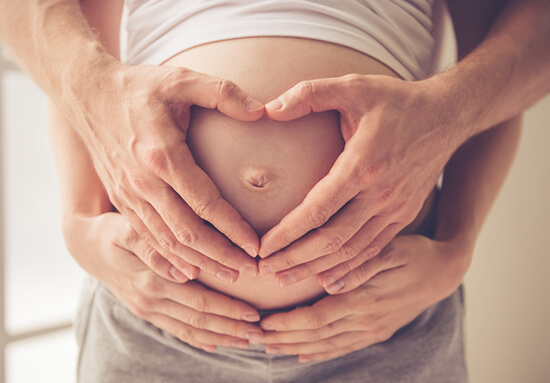One of the best things to happen to first-time parents and expectant mothers is to hold the baby in their arms after nine months of pregnancy. Do you remember getting confirmation from your home pregnancy kit that you are pregnant and the beautiful smile on your face? Pregnancy brings with it an unimaginable joy in the life of the parents and even their families as well.
But did you know most pregnant women fear giving birth because there's a chance of maternal death? In India MMR or Maternal Mortality Ratio has declined to 113/100,000 live births in 2016-18 from 122/100,000 live births in 2015-2017 (Data source: Read More )
Total annual deaths in India declined from 32,000 maternal deaths in 2015 to 30,000 deaths in 2017. This translated to every 20 minutes a mother dying due to pregnancy or childbirth-related cause. (Data source: Read More)
The World Health Organization (WHO) in their sustainable development goals (SDG3) mention that their aim is to reduce the maternal mortality ratio to less than 70/100,000 live births by 2030. Child Help Foundation, an NGO based in Mumbai, with PAN India operations is actively working towards the SDG3 goals by focusing on the health, water & sanitation and zero hunger programs amongst the underprivileged which is in line with WHO Targets.
To ensure safety for women, we compiled together a list of 10 things you, as an expectant mother, can do to ensure safe delivery and a healthy baby.
1) Get Medical Guidance Immediately
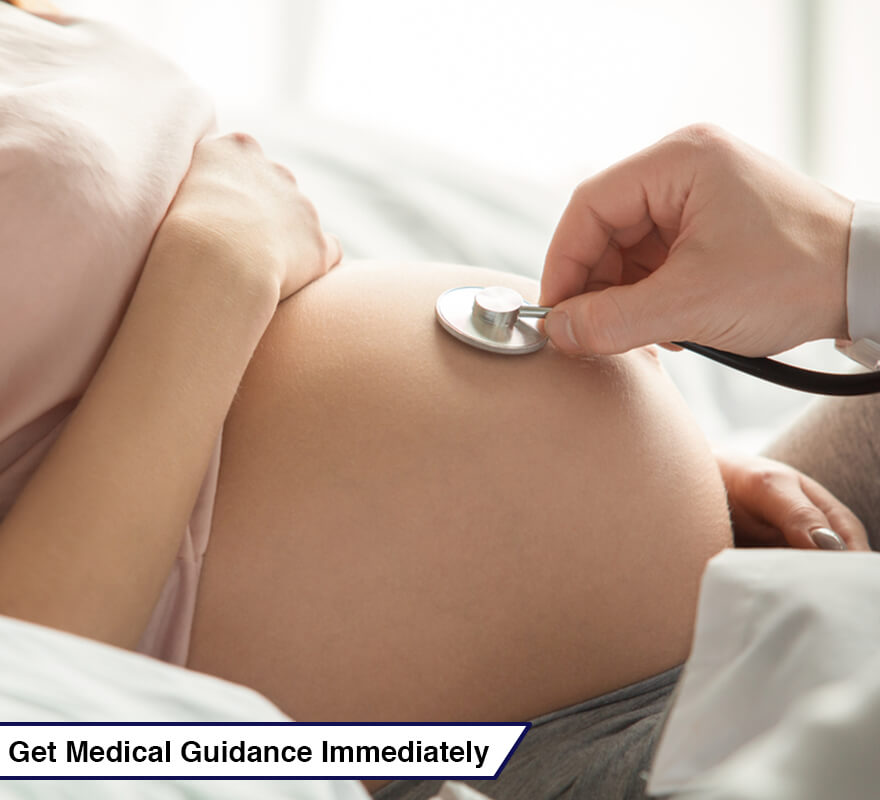
As soon as your home pregnancy kit reveals that you are pregnant, its always a good idea to get the same check from a gynecologist. There are a few tests the gynecologist will carry out like blood tests, urine tests, Ultrasound, and other tests based on your background and medical history.
Urine tests check for bacteria, high sugar levels (which can be a sign of diabetes), and high protein levels (which can be a sign of preeclampsia, a type of high blood pressure during pregnancy). Blood tests check for blood cell count, blood type, low iron levels (anemia), and infectious diseases (such as syphilis, HIV, and hepatitis).
For the first 6 months, you will have to visit your doctor once every month, and from the 7th and 8th month, you will have a visit every 2 weeks. In the last month of pregnancy, you will have to visit every week until you deliver.
*Its always advisable to check with your doctor how the visiting schedule will be.
2) Eat Healthy
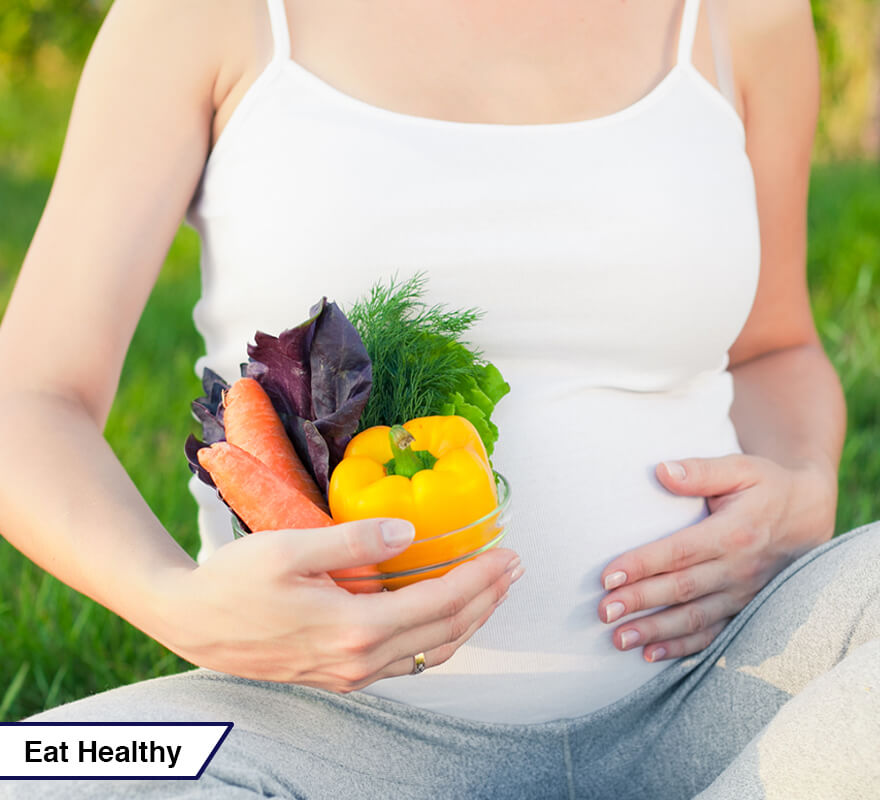
Supplementing your body with healthy and nutritious food not helps you but also your baby. You don't need to eat for two people when your pregnant, as for the first 6 months, your body doesn't need extra calories.
Eat a minimum of 5 portions of fresh fruits and vegetables daily. Ensure that all the fruits and vegetable are thoroughly washed before eating them
Your body needs carbohydrates so use rice, roti, paratha, potatoes (aloo), peas, lentils,and so on.
Daily servings of protein, such as fish, lean meat, eggs, beans, nuts, or pulses.
Eat 4 or more servings of dairy each day. This will give you enough calcium for both you and your baby.
Try and include at least 2 portions of fish each week. Fish are full of protein, vitamin D, minerals, and omega-3 fatty acids, which are important for the development of your baby's nervous system.
*Omega 3 fatty acids are also found in nuts, seeds, soy products, and green leafy vegetables.
3) Supplements are Essential for you

Pregnant women should take 400 micrograms (mcg) of folic acid every day to prevent problems with your baby's brain and spine. In addition to this, you would also need to take 10 micrograms(mcg) of Vitamin D every day.
*Always check with your doctor before taking any supplements.
4) Food Hygiene
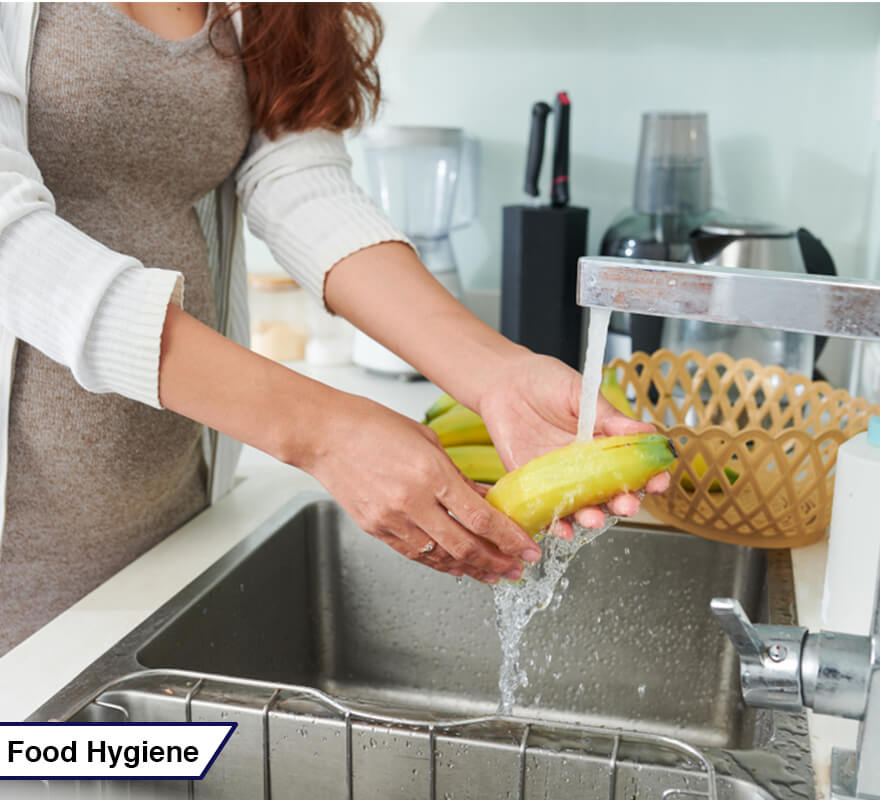
With the novel coronavirus in the air, it's even more important for
expectant mothers to be super careful. Always remember to wash your hands especially, if you have just been to the washroom, handled a pet, or washed raw meat.
Always ensure that:
All fruits and vegetables are washed properly to remove any bacteria or dirt.
Make sure to cook meat and poultry products thoroughly.
Always wear gloves if you are cleaning after your pets or gardening at home.
5) Remain fit
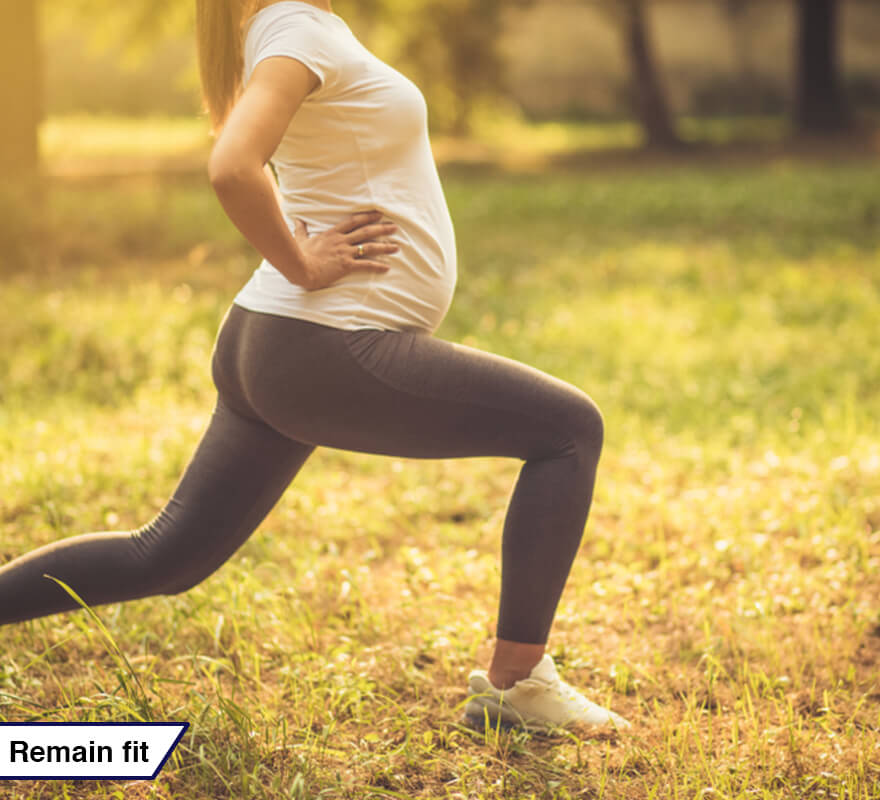
Exercising regularly releases a feel-good hormone called serotonin also known as the feel-good hormone. Keep it light and simple like going for a walk, yoga, pilates, swimming, or some form of exercise that will keep you active and fit.
Exercising will also help expectant mothers to avoid any kind of complication during the birth of the child. The best part is it will be much easier for women who exercise regularly to get back in shape after the child is born.
6) Pelvic Exercises are needed

Your pelvic floor comprises of a group of muscles at the base of your pelvis. These muscles support your bladder, vagina, and back passage.
Exercising your pelvic floor will help you as a mother when you are going to deliver the baby. It will also help you to avoid any complications during the birth of your child.
7) Say no to Alcohol
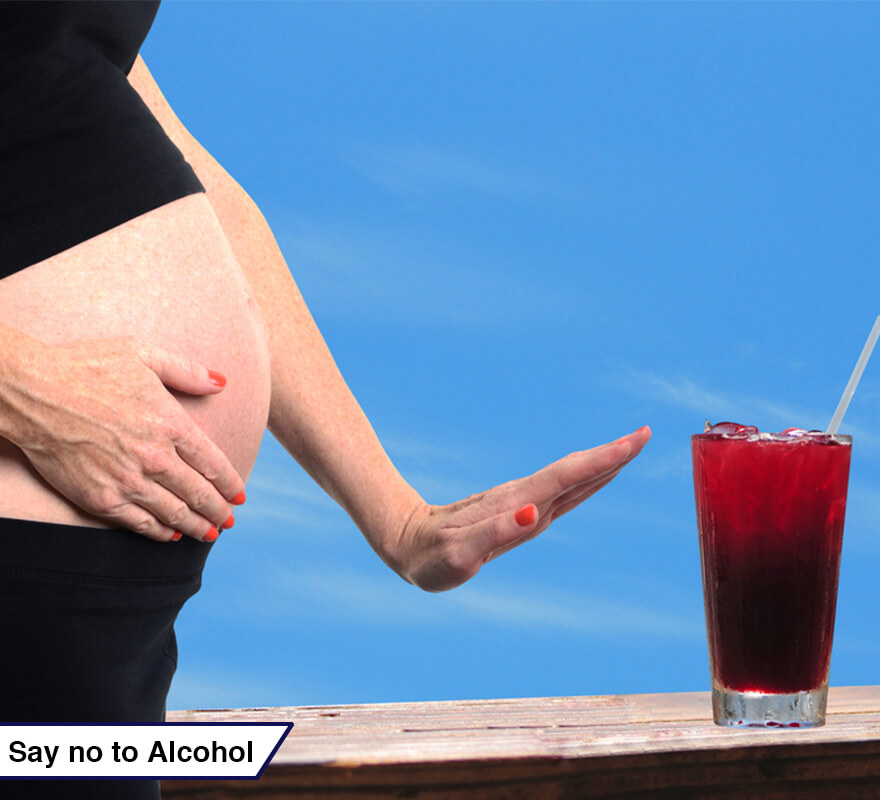
Alcohol consumption during pregnancy reaches the baby via the bloodstream. The amount of alcohol one can consume is not known by experts so its best to avoid the same.
Alcohol consumption can also lead to miscarriage and can also affect the baby's brain development.
Expectant mothers who drink alcohol regularly are more likely to give birth to a baby with fetal alcohol spectrum disorders (FASD). These are problems ranging from learning difficulties to more serious birth defects.
8) Avoid Caffeine

Caffeine can also increase the chances of miscarriage. Caffeine is found in coffee, tea, cola, chocolate, and energy drinks.
However, if you do like your morning or evening cup of tea/coffee, then up to 200 mg is considered safe.
As with alcohol its best to avoid drinking caffeine as there are other healthier alternatives.
9) Smoking is Dangerous

Smoking during pregnancy can huge risk to yourself and your baby.
Pregnant women who smoke increase the risk of :
premature birth
low birth weight
stillbirth
sudden infant death syndrome(SIDS) or "cot death"
Smoking also increases the chance of complications like miscarriage, Ectopic Pregnancy, and Placental Abruption.
If you smoke its best to stop smoking during pregnancy to lead a healthy life for both you and your baby
10) Sleep Well

Maternal fatigue is real and you will feel that due to high levels of pregnancy hormones in your body.
As the baby grows you will feel even more tired with frequent visits to the loo or just not able to sleep in a particular position.
If you are unable to sleep properly in the night a good afternoon nap will do wonders for you and your baby.
Before going to bed you can do some light stretching, practice yoga, visualization, and listening to soothing music.
*Always remember to check with your doctor as every person's body reacts differently to different things.
Happy Pregnancy :)
